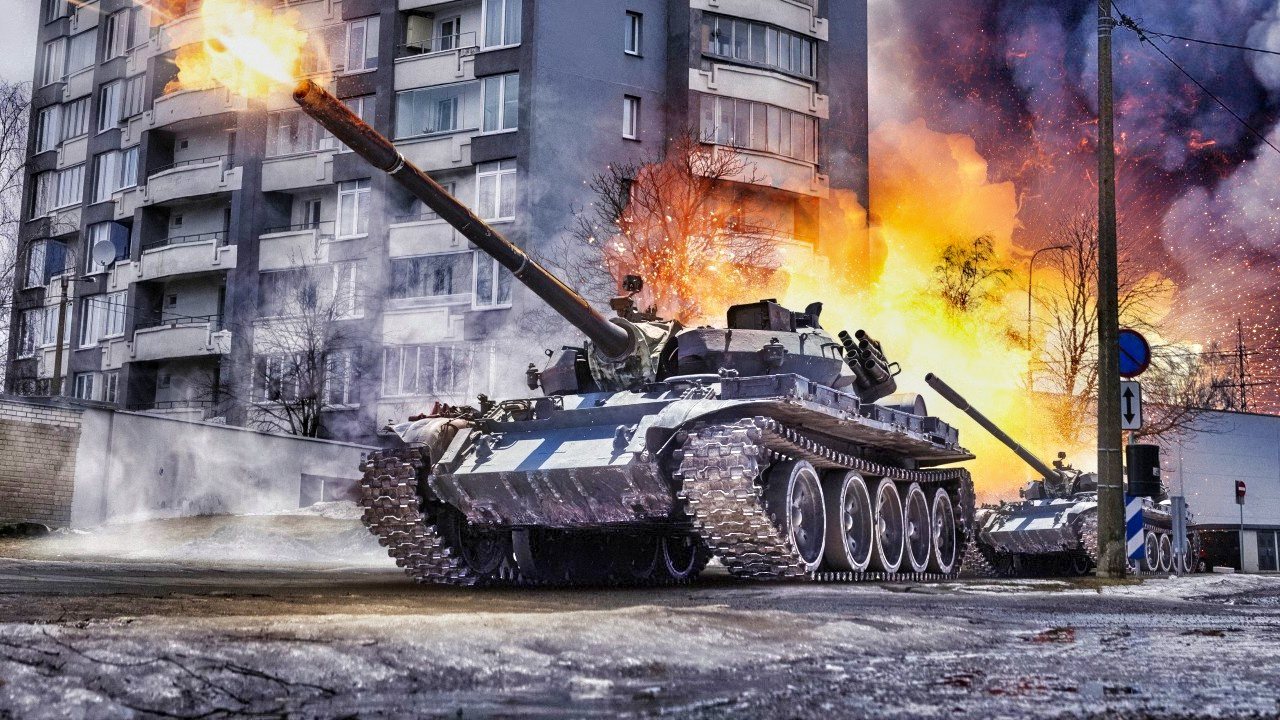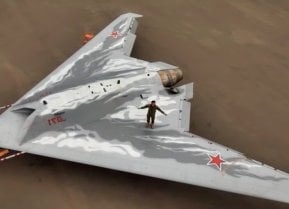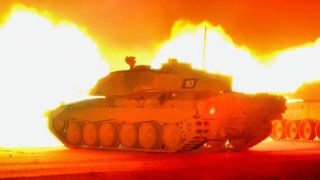Ukraine War in 2024: What Happens Now?
What if there will be little to no aid for Ukraine coming from Washington anytime soon? What does that mean for Kyiv in 2024? What does it mean for Russia?
What if there will be little to no aid for Ukraine coming from Washington anytime soon? What does that mean for Kyiv in 2024? What does it mean for Russia?
The answers to these questions hinge on what one means by “anytime soon.” Much of the Western commentariat appears to assume the worst and that U.S. assistance will dry up completely. But such a scenario is improbable. The White House needs to keep funding Ukraine, and Congress needs to curb the flow of immigrants. Despite the bluster and chest-beating, a compromise is all but inevitable as neither side wants to “lose Ukraine” or fail to “stop the flood” of immigrants in an election year. The only question is whether the funding will resume in a few weeks or months.
Given such circumstances, Kyiv’s strategy is clear: to keep doing what it has been doing very effectively. That means degrading Russia’s navy, air force, transportation networks, and strategic infrastructure and inflicting high casualties on Russian soldiers.
The reality is that Ukraine’s counter-offensive was sputtering almost from the very beginning. It’s not as if the Ukrainians had been relentlessly attacking for the last few months and suddenly realized a few weeks ago (when General Valery Zaluzhny openly spoke of “stalemate”) that they’re making little to no progress. On the contrary, the Ukrainians have long since assumed the same defensive positions that Western policymakers and analysts recommended. The Russian side has been attacking along much of the front while simultaneously engaging in human-wave tactics that have produced few territorial gains and huge casualties.
The real question is not whether Kyiv can continue doing what it’s been doing—because the answer is yes—but whether Moscow can. Putin is reportedly indifferent to how many young Russians are forced to die in his senseless war. Still, there is a growing amount of evidence suggesting that Russians are increasingly troubled by the war’s impact on their lives and the lives of their fathers, sons, and husbands on the front. According to Russia expert Paul Goble, “The Presidential Administration now receives more than 100,000 letters a month addressed to Putin that touch on the adverse impact of the war in Ukraine for ordinary Russians.”
Women have been protesting against their men’s lack of furloughs. Soldiers have been deserting. Casualties have been extraordinarily high and are likely to increase now that Ukraine is adopting a more defensive strategy. The consumer economy—as opposed to the militarized economy—is experiencing negative growth and very high inflation. Significant portions of the Russian elite are manifestly unhappy with Putin’s war. Pride of place has to go to the generals, whose second-best army in the world has become the second-best army in Ukraine. It was they who might have known of Yevgeny Prigozhin’s ill-fated coup attempt in June but did little to stop it.
Moreover, Putin’s nimbus of strength appears to be fading. Rumors have spread about body doubles replacing him at public appearances. One Russian professor, Valery Solovey, has alleged, incredibly, that Putin died in late October. Neither of these reports is true, but their spread shows that Putin’s position is far shakier than his acolytes would have us believe. Putin will, of course, win the March 17 presidential elections with an overwhelming majority, but that victory may prove to be pyrrhic. Reelection will make Putin the sole owner of the war and its dismal effects on ordinary Russians.
Will Putin be emboldened to seek a breakthrough? The temptation will be great. After all, the West is confused about what to do next, and Washington is dithering about aid. Meanwhile, Putin has to realize that a victory of some kind could do wonders for his deteriorating domestic position.
Were he to try, Ukraine and the West should rub their hands with delight. The fact is that Russia’s armed forces are in no position to conduct a mega-offensive and in even less of a position to conduct it successfully. Ukraine may lose some territory, but Russian losses of personnel, tanks, and other equipment will be horrendous. Not even Putin and his propagandists will be able to persuade Russians that such an outcome is tantamount to a smashing win.

Defeats in wars have often produced significant change—in Russia and elsewhere. The Crimean War led to the abolition of serfdom; the Russo-Japanese War produced democratic reforms; World War I ended the tsarist regime; the defeat in Afghanistan facilitated perestroika.
Russia could easily be next if Putin decides that the time is ripe for an all-out assault in 2024.
About the Author
Dr. Alexander Motyl is a professor of political science at Rutgers-Newark. A specialist on Ukraine, Russia, and the USSR, and on nationalism, revolutions, empires, and theory, he is the author of 10 books of nonfiction, including Pidsumky imperii (2009); Puti imperii (2004); Imperial Ends: The Decay, Collapse, and Revival of Empires (2001); Revolutions, Nations, Empires: Conceptual Limits and Theoretical Possibilities (1999); Dilemmas of Independence: Ukraine after Totalitarianism (1993); and The Turn to the Right: The Ideological Origins and Development of Ukrainian Nationalism, 1919–1929 (1980); the editor of 15 volumes, including The Encyclopedia of Nationalism (2000) and The Holodomor Reader (2012); and a contributor of dozens of articles to academic and policy journals, newspaper op-ed pages, and magazines. He also has a weekly blog, “Ukraine’s Orange Blues.”
Image Credit: Main image is Creative Commons. Intext image is from Shutterstock.


